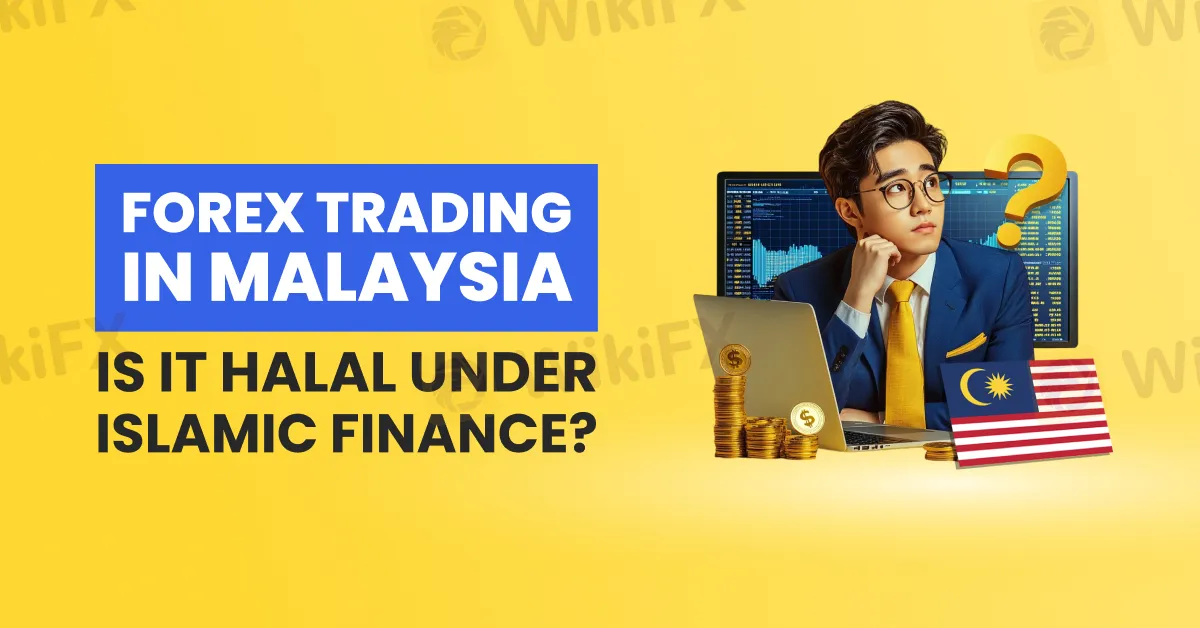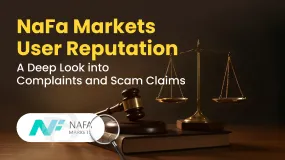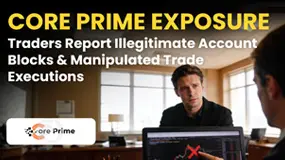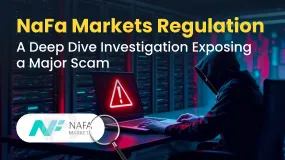Abstract:Forex trading has become increasingly popular around the world as a way to invest and manage currency risks. In Malaysia, where a large part of the population follows Islam, many traders often ask whether forex trading is halal or haram under Islamic law.

Forex trading has become increasingly popular around the world as a way to invest and manage currency risks. In Malaysia, where a large part of the population follows Islam, many traders often ask whether forex trading is halal, meaning permitted, or haram, meaning forbidden, under Islamic law.
The forex market allows people to exchange one currency for another, such as US dollars for Malaysian ringgit. These currency prices are always changing, and traders aim to profit from these fluctuations. Brokers provide access to this global market and earn a small fee known as the spread, which is the difference between the buying and selling price.
Islamic finance follows strict rules to ensure that financial activities are ethical and fair. Two key principles related to forex trading are the ban on interest, known as riba, and the need to avoid gharar, which means excessive uncertainty or ambiguity.
Riba refers to the practice of charging or earning interest, which is not allowed in Islam. In regular forex accounts, traders may be charged interest for keeping positions open overnight. These are known as swap fees and are considered non-compliant with Islamic law.
Gharar involves unclear or uncertain contracts. It is commonly associated with complex instruments like futures and options that involve delayed settlement or vague conditions. In Islamic finance, such contracts are usually avoided.

Not necessarily. Many scholars agree that spot trading, which involves the immediate exchange of currencies at current prices, can be halal. This is because it avoids both interest and excessive uncertainty, and the transaction is settled quickly. Forex trading also plays a practical role in international business and currency management, which further supports its acceptability when done properly.

Some people compare forex trading to gambling, known as maysir in Islam. However, gambling relies on chance with no real analysis. In contrast, forex trading depends on careful study of economic data, market trends, and geopolitical events. Traders who make informed decisions based on research are not considered to be gambling.

In Malaysia, some brokers offer Islamic trading accounts designed to comply with Shariah principles. These accounts do not charge swap or interest fees and are structured to remove elements of riba and gharar. However, traders should be cautious. Not all accounts advertised as “Islamic” are truly Shariah-compliant. In some cases, brokers may replace interest with hidden charges. It is important to choose brokers that are licensed and ideally reviewed by a recognised Shariah board.

Leverage is a common tool in forex trading, allowing traders to control large positions with a smaller amount of capital. While leverage itself is not forbidden, high levels of it can increase risk, which may go against Islamic values that discourage speculation and financial harm.
Technology and automation are becoming more common in forex trading. Tools like algorithmic trading and trading robots are acceptable under Islamic law as long as they follow the same principles of fairness and transparency.
Education is also key. Many brokers and institutions now offer resources focused on Islamic finance and halal investing. These help Muslim traders better understand how to trade responsibly while staying within Islamic guidelines.
Lastly, there is a growing interest in ethical investing, which shares many principles with Islamic finance. This includes transparency, avoiding exploitation, and supporting real economic value. As such, halal forex trading may appeal not just to Muslims, but also to a wider group of ethical investors.
Forex trading can be halal for Muslims in Malaysia if it follows the core principles of Islamic finance. Regulatory bodies such as Bank Negara Malaysia (BNM) and the Securities Commission Malaysia (SC) play a role in overseeing financial services in the country. While they do not directly regulate retail forex trading, they ensure that brokers operating in Malaysia follow fair and transparent practices. Choosing brokers regulated in reputable jurisdictions is one way to reduce risk.

Traders and investors can also use a free mobile application called WikiFX, which plays a crucial role in verifying the legitimacy of brokers and financial platforms. WikiFX provides an extensive database of global broker profiles, regulatory status updates, and user reviews, enabling users to make informed decisions before committing to any financial investment. Its risk ratings and alerts for unlicensed or suspicious entities help investors identify red flags and avoid potential scams. By leveraging tools like WikiFX to research a brokers background, individuals can safeguard their savings and minimise the risk of falling victim to fraudulent schemes.















